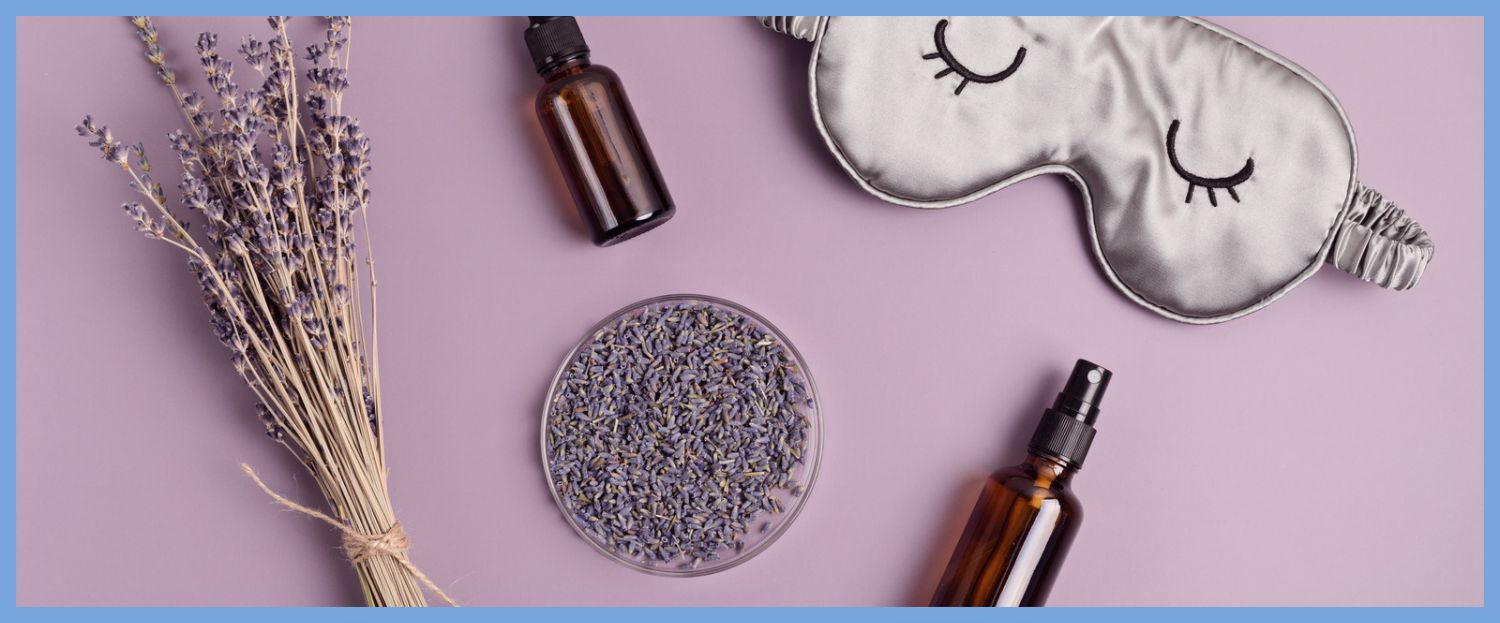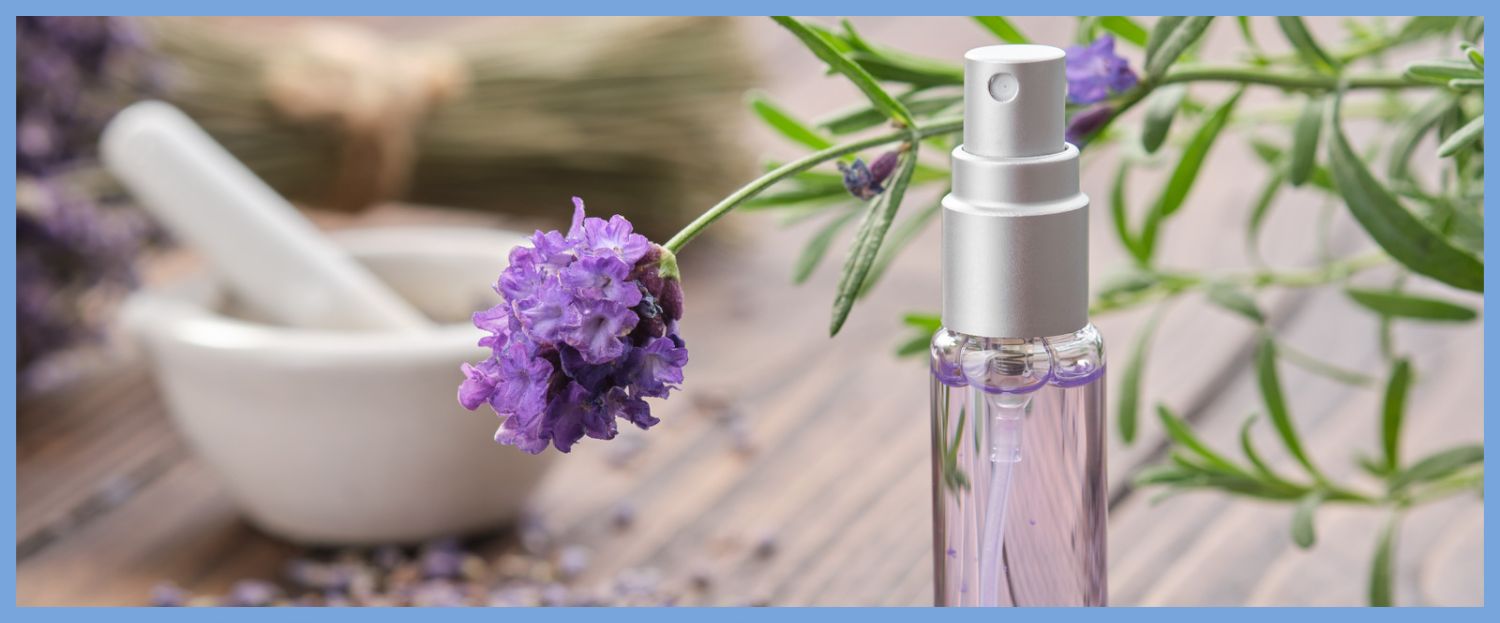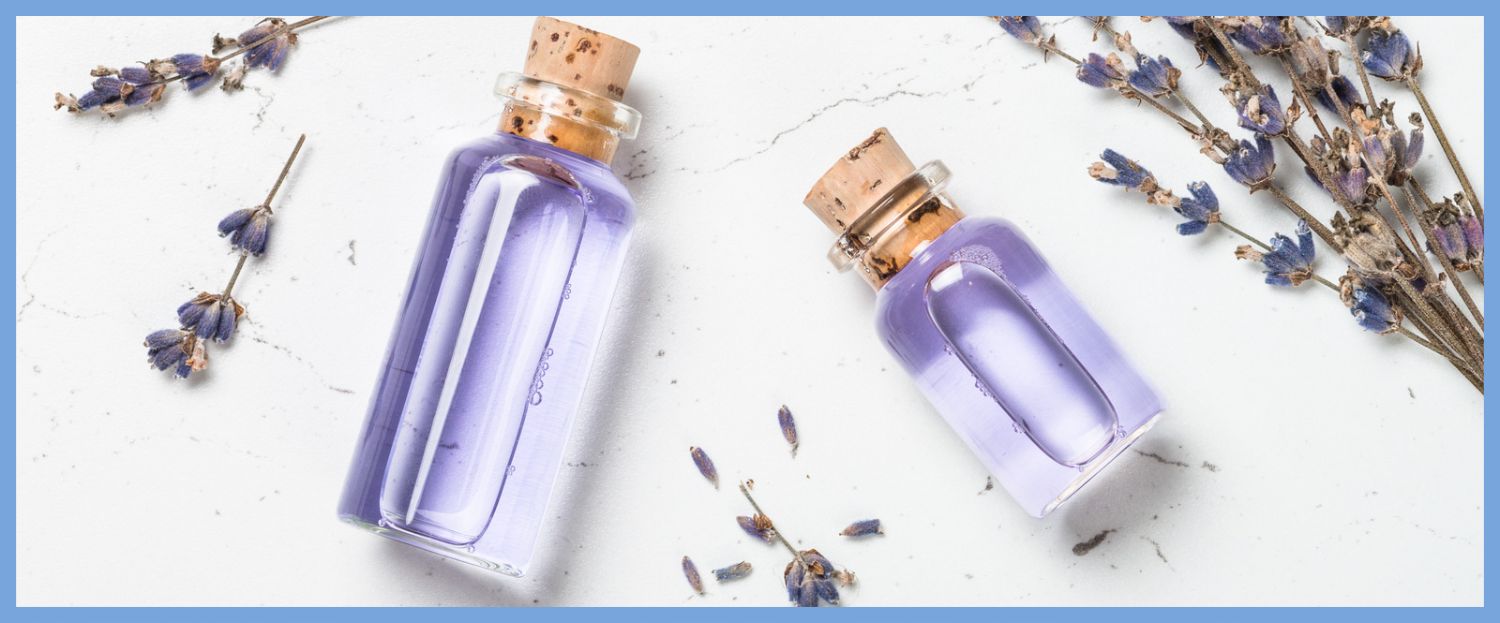The Aromatic Alchemy: How Does Lavender Aid Sleep?
The secret to lavender oil's sleep-enhancing abilities lies in its unique chemistry. Packed with over 150 active constituents, it's the linalool and linalyl acetate - compounds known for their soothing properties - that steal the show. When we breathe in the aroma of lavender oil, these compounds travel up our nostrils, interacting with our olfactory system, and then our brain. This triggers a series of reactions, one of them being the production of serotonin - our body's 'feel good' hormone. As our serotonin levels rise, our stress and anxiety decrease, creating a calming effect that can help prepare our body for sleep.

You see, sleep isn't merely about closing our eyes and hoping for the best. It's about the delicate dance between numerous physiological processes. And that's where lavender oil comes in - not as an artificial, quick-fix sleep aid, but as a natural facilitator for restful, quality sleep. We'll dive into more of these fascinating processes in the sections to come. But first, let's take a closer look at what the research says.
Science Speaks: What Research Says about Lavender and Sleep
When it comes to the efficacy of lavender oil for sleep, it's not just folklore that supports its soothing properties, but a host of scientific studies as well.
Research published in the Journal of Alternative Complementary Medicine found that lavender oil inhalation significantly improved sleep quality in a sample of individuals suffering from insomnia. After a 4-week treatment period, 60% of the participants responded positively to lavender, showing a noticeable improvement in their sleep patterns.
Moreover, a study published in the Journal of Biological and Medical Rhythm Research showed that lavender oil not only increased the duration of deep, or slow-wave sleep, but it also made people feel refreshed and energetic upon waking. That’s because slow-wave sleep is the part of the sleep cycle that’s most restorative.
In addition, a study conducted by the University of Southampton in 2005 found that people slept 20% better when lavender essential oil was diffused in their sleep environment compared to a placebo.
Overall, the empirical evidence supporting lavender oil's benefits for sleep is compelling, indicating that this aromatic oil could be an excellent addition to your bedtime routine. Remember, a good night's sleep is not a luxury, it's a necessity for overall health and wellbeing. And lavender oil, as research suggests, can help us achieve just that.
The Benefits of Lavender for Sleep










